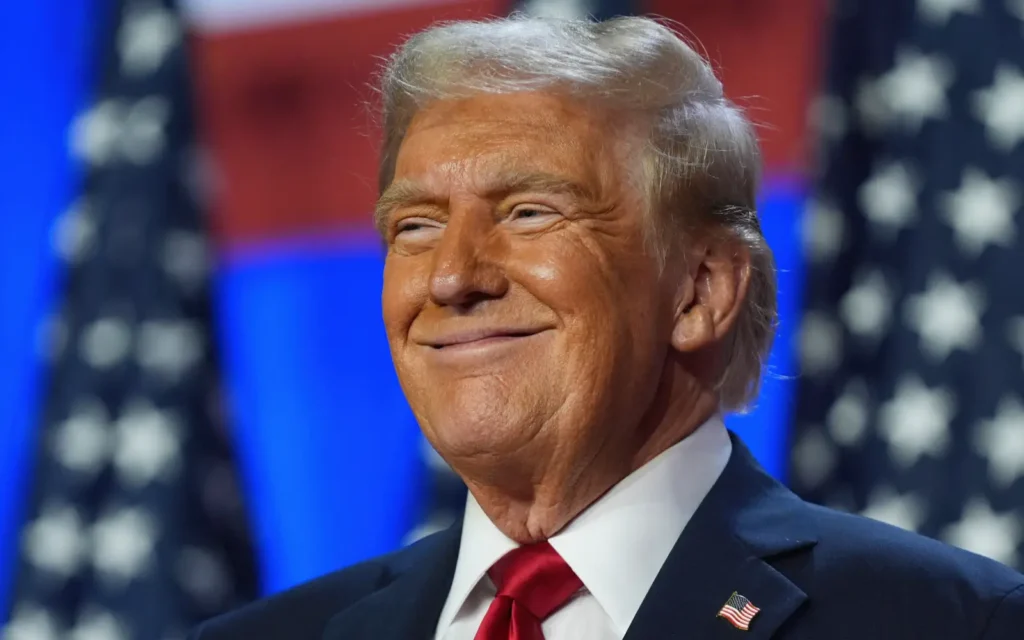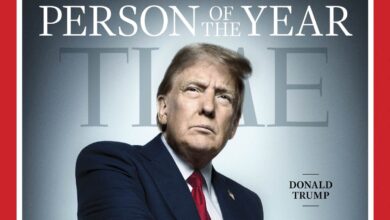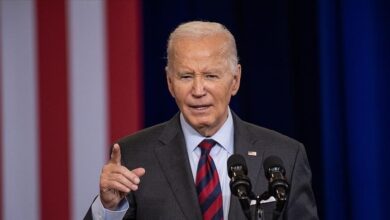
In a significant post-election call, U.S. President-elect Donald Trump spoke with Russian President Vladimir Putin, urging restraint and discouraging further escalation in the ongoing Ukraine conflict, according to The Washington Post. This conversation, reportedly held from Trump’s Mar-a-Lago estate in Florida, took place just days after Trump’s unexpected victory over Kamala Harris, intensifying speculation about his approach toward the Ukraine crisis. While Steven Cheung, Trump’s communications director, neither confirmed nor denied the call, sources indicated that Trump reminded Putin of the U.S.’s substantial military presence in Europe and expressed a desire for further dialogue aimed at swiftly ending the war.
Trump’s election has prompted speculation on U.S. support for Ukraine, as he has criticized American financial aid to Kyiv and proposed re-evaluating support for what he described as a “pro-war nexus.” The outgoing administration of President Joe Biden, however, is pushing to send substantial military aid to Ukraine before Trump’s January inauguration, using the remaining $6 billion in available funding. Biden’s National Security Advisor Jake Sullivan emphasized strengthening Ukraine’s position for potential peace talks.
Meanwhile, Trump’s campaign has hinted at his willingness to negotiate territorial compromises with Russia, which could include Ukraine ceding regions occupied by Russian forces. Former Trump advisor Bryan Lanza, for instance, suggested Ukraine abandon any claim to Crimea, though Trump’s transition team clarified that Lanza’s comments do not represent the official stance.
Ukrainian President Volodymyr Zelensky remains staunchly opposed to ceding territory, fearing it would embolden Russia. He voiced these concerns during a separate call with Trump, joined by billionaire Elon Musk, who has also played a visible role in Ukraine’s tech and defense landscape.
The Kremlin’s response to Trump’s election has been cautiously optimistic, with spokesperson Dmitry Peskov welcoming Trump’s focus on peace over confrontation. However, European allies remain wary of any unilateral shifts in U.S. policy that might undermine Ukraine’s territorial integrity or defense strategy.




